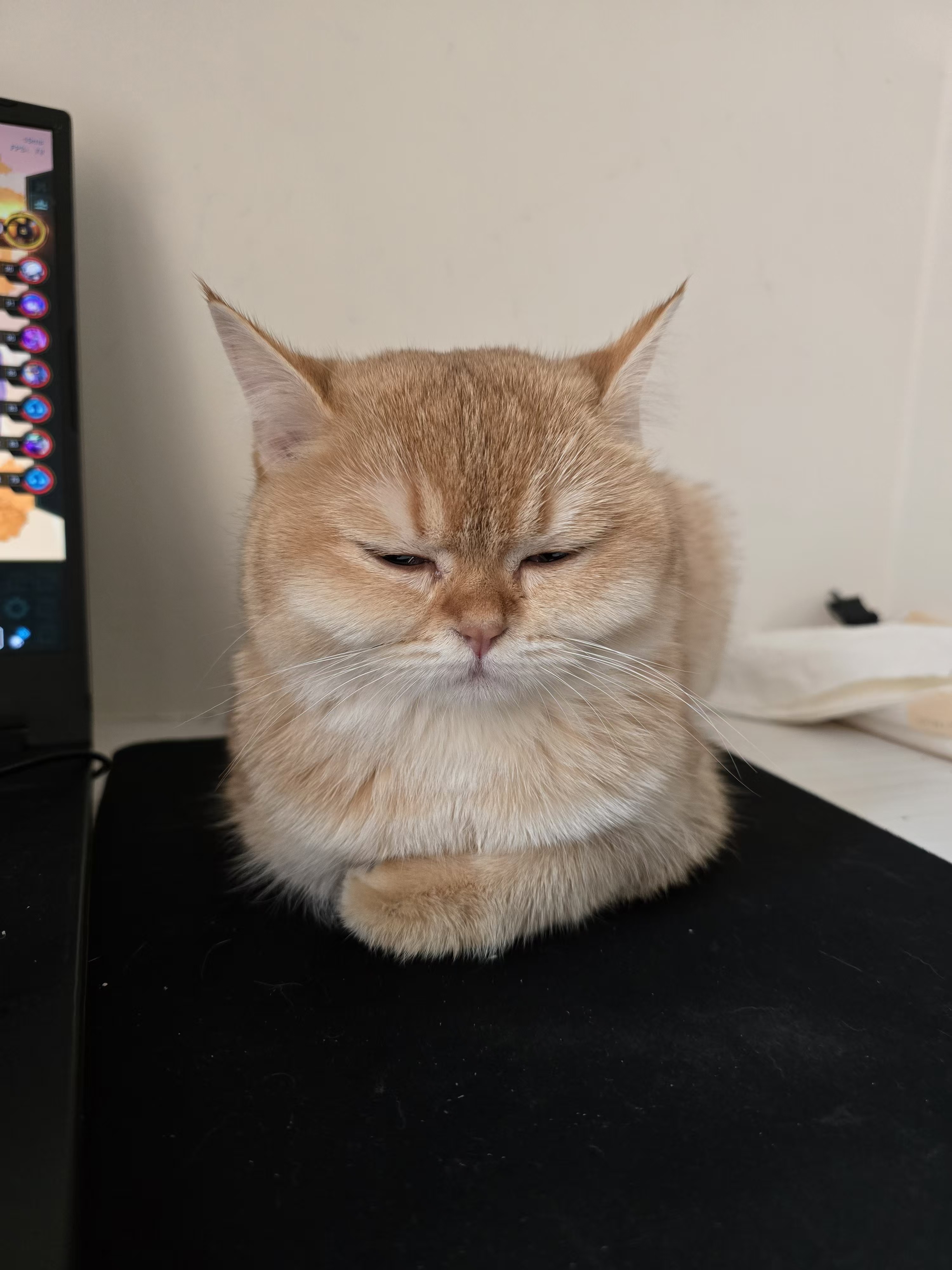Understanding IP Coins in South Korea
In the realm of digital currencies and blockchain technology, South Korea has witnessed the emergence of various innovative concepts. One such area of interest is the IP coins in South Korea.
IP coins, also known as intellectual property coins, are digital tokens that are designed to represent and manage intellectual property rights. These coins aim to provide a decentralized and secure way to handle the ownership, transfer, and monetization of intellectual property assets.
In South Korea, the specific names of IP coins can vary. Some of the popular ones include [insert specific IP coin names if known]. These coins are often built on blockchain platforms, which offer transparency, immutability, and cryptographic security.
The concept behind IP coins is to create a more efficient and accessible system for creators and owners of intellectual property. By using blockchain technology, IP coins can enable seamless transactions between parties involved in the intellectual property ecosystem. For example, an artist could use IP coins to sell the rights to their digital artwork directly to a buyer, eliminating the need for intermediaries and reducing transaction costs.
One of the key advantages of IP coins is their ability to provide clear ownership records. Each transaction on the blockchain is recorded in a public ledger, ensuring that the history of ownership and transfers of intellectual property is easily traceable. This can help prevent disputes and ensure that creators receive fair compensation for their work.
Moreover, IP coins can also facilitate the licensing and sharing of intellectual property. Creators can use these coins to grant limited licenses to others, allowing them to use their intellectual property for specific purposes. This can open up new opportunities for collaboration and monetization, especially in industries such as music, software, and design.
In terms of the visual aspect, a comprehensive collection of pictures related to IP coins in South Korea would showcase the various logos, interfaces, and concepts associated with these digital tokens. These pictures could provide a better understanding of how IP coins are presented and used in the market.
For example, the pictures might include images of the IP coin wallets, which are used to store and manage the digital tokens. These wallets can be accessed through mobile applications or web interfaces, providing users with a convenient way to handle their IP coin holdings.
Additionally, pictures could depict the process of creating and minting IP coins. This might involve the use of specialized software and cryptographic algorithms to generate new tokens and assign them to the appropriate owners.
Furthermore, images of IP coin exchanges and marketplaces could be included in the collection. These platforms allow users to trade IP coins with others, providing liquidity and enabling price discovery.
Overall, the study of IP coins in South Korea is an exciting area that combines the worlds of intellectual property and blockchain technology. Understanding the names, features, and visual aspects of these coins can provide valuable insights into the future of digital asset management and the monetization of intellectual property.
In conclusion, while the specific names of IP coins in South Korea may change over time, their potential to revolutionize the intellectual property landscape remains significant. By leveraging blockchain technology, IP coins offer a more efficient, secure, and transparent way to handle intellectual property rights, opening up new opportunities for creators, investors, and consumers alike. The pictures and information associated with these coins can help us better understand and appreciate this emerging field.
It is important to note that the digital currency market is highly volatile and regulated. Before engaging with IP coins or any other digital assets, it is advisable to conduct thorough research and seek professional advice to ensure compliance with relevant laws and regulations.
As the technology continues to evolve, we can expect to see further developments in the world of IP coins in South Korea and beyond. Stay tuned for more exciting advancements in this dynamic field.












